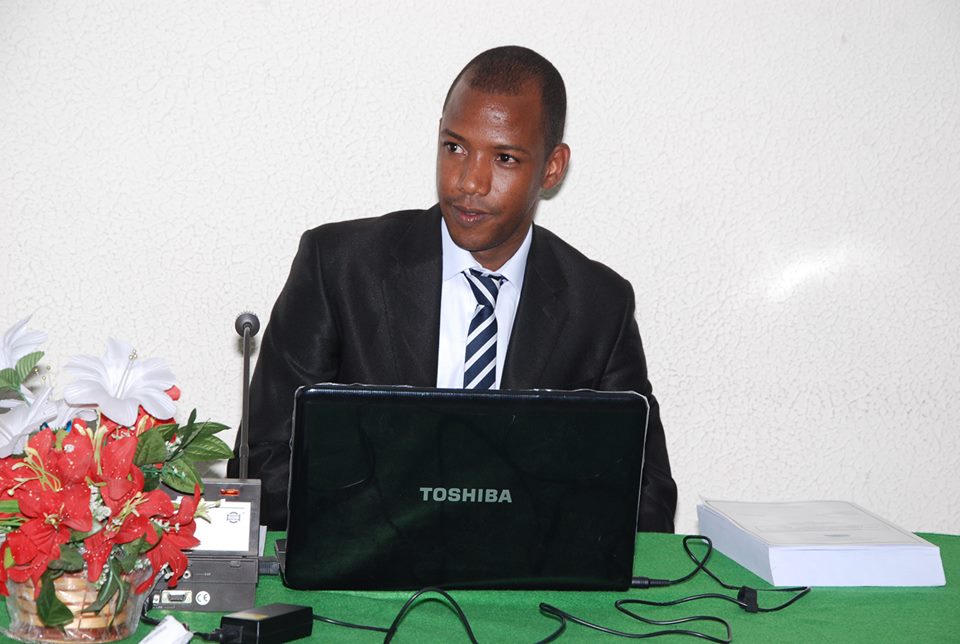Communities of the Qur’an–A Conference & Future Publication
By Emran El-Badawi
Contrary to popular belief there is not merely one reception of the Qur’an. In other words, there is no single method of reading, understanding and interpreting Islamic scripture, but rather many. Islamic civilization today has over 1 billion adherents, a rich medieval scholarly-cultural tradition spanning over 1 millennium, and a growing number of new (Muslim and non-Muslim) confessional as well as reformist movements reading the text for a modern world. Demonstrating the complex layers of this diversity was the subject of an conference I convened on Communities of the Qur’an: Modern and Classical Interpretations of Islamic Scripture.
Communities of the Qur’an was dedicated to intellectual inquiry as well as religious dialogue. At its heart this project asks the question, what is the dialectical relationship between the Qur’an and its “communities of interpretation?” How is the relationship between community and scripture mediated? Can a better understanding of each community’s reception, hermeneutics and cultural assumptions bring about a better understanding of the Qur’an for the 21st century? This project also seeks to revive the “ethics of disagreement” found in Classical Islam. The Qur’an interpreters, jurists and theologians of medieval Baghdad, Cairo and Cordoba serve as examples of peaceful coexistence and tolerance in the face of vehement disagreement. On numerous occasions the historical record shows that Muslims from different legal schools or denominations, as well as Christians, Jews, Zoroastrians and others, agreed to disagree.
There is little disagreement about the authenticity of the Qur’an text we possess today.
However, given Islam’s long history, several confessional, scholastic and reformist
communities developed in the shadow of scripture, and arrived at sometimes diverging interpretations of its key passages. These communities include Shia, Sunni, Ahmadi, Feminist and other interpretive traditions. When the text commands, “ask the people of remembrance if you know not” (Q 16:43; 21:7), is it referring to the guided Imams of the prophet Muhammad’s house, to Jews and Christians or another group? Similarly, are there modern re-interpretations of Q 4:34 which states, “men are greater than women” on account of their wealth? Does the text’s identification of its own narratives as the “Sunnah of God” (Q 33:38, 62; 40:23) and His “Hadith” (Q 45:6; 56:81; 77:50) facilitate or forbid the development of a new prophetic Hadith and Sunnah? These are some of the questions and key passages around which have gathered the Communities of the Qur’an.
The challenges of today’s political climate seem greater than that of our predecessors. The religious, social and cultural diversity of the global Muslim community and the richness of its people’s traditions are under threat by extremist fundamentalism. It is Muslims themselves who have paid the greatest price for the intolerance, violence and ‘sectarianism’ undertaken in the name of religion. Furthermore, the discourse surrounding global terrorism and Islamophobia, which has spread in the wake of the September 11th attacks, 2001 and the Arab uprisings of 2011, has only polarized members on both sides of the debate. As a result, the Qur’an, Islam’s sacred scripture and an integral part of world literature, has become the subject of misuse and misunderstanding. More than ever before, leaders from within and without the global Muslim ummah have the opportunity to protect the diversity of Islamic civilization and promote religious tolerance as well as peaceful coexistence broadly speaking.
The conference was hosted by The Boniuk Institute for the Study and Advancement of Religious Tolerance. It hosted presentations by eight international speakers (in order of presentations: Dr. Ingrid Mattson, Dr. Sajjad Rizvi, Dr. Ali Asani, Dr. Ahmed Subhy Mansour, Dr. Amina Wadud, Councelor Mujeeb Ur Rahman, Dr. Todd Lawson, Dr. Aminah Beverly McCloud), three panel chairs (Dr. Hina Azam, Dr. David Cook and Dr. Emran El-Badawi), welcoming remarks by Boniuk director and Rice University Professor, Dr. Paula Sanders, and parting words by philanthropist, Dr. Milton Boniuk. The conference took place March 10-11, 2016, and will eventually turn into a book. Visitors can access VIDEO to all eight presentations at the official conference website HERE.
© International Qur’anic Studies Association, 2016. All rights reserved.


